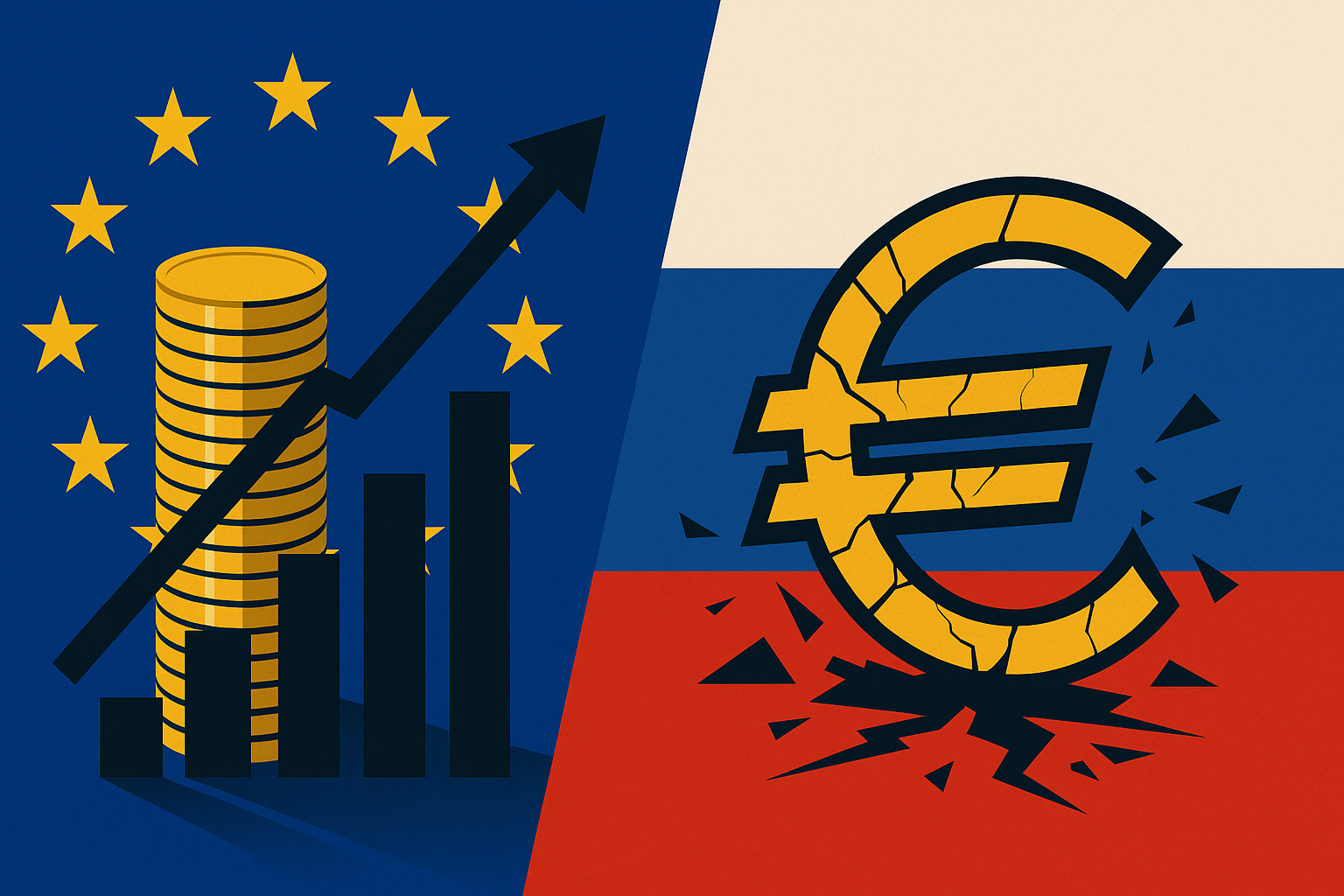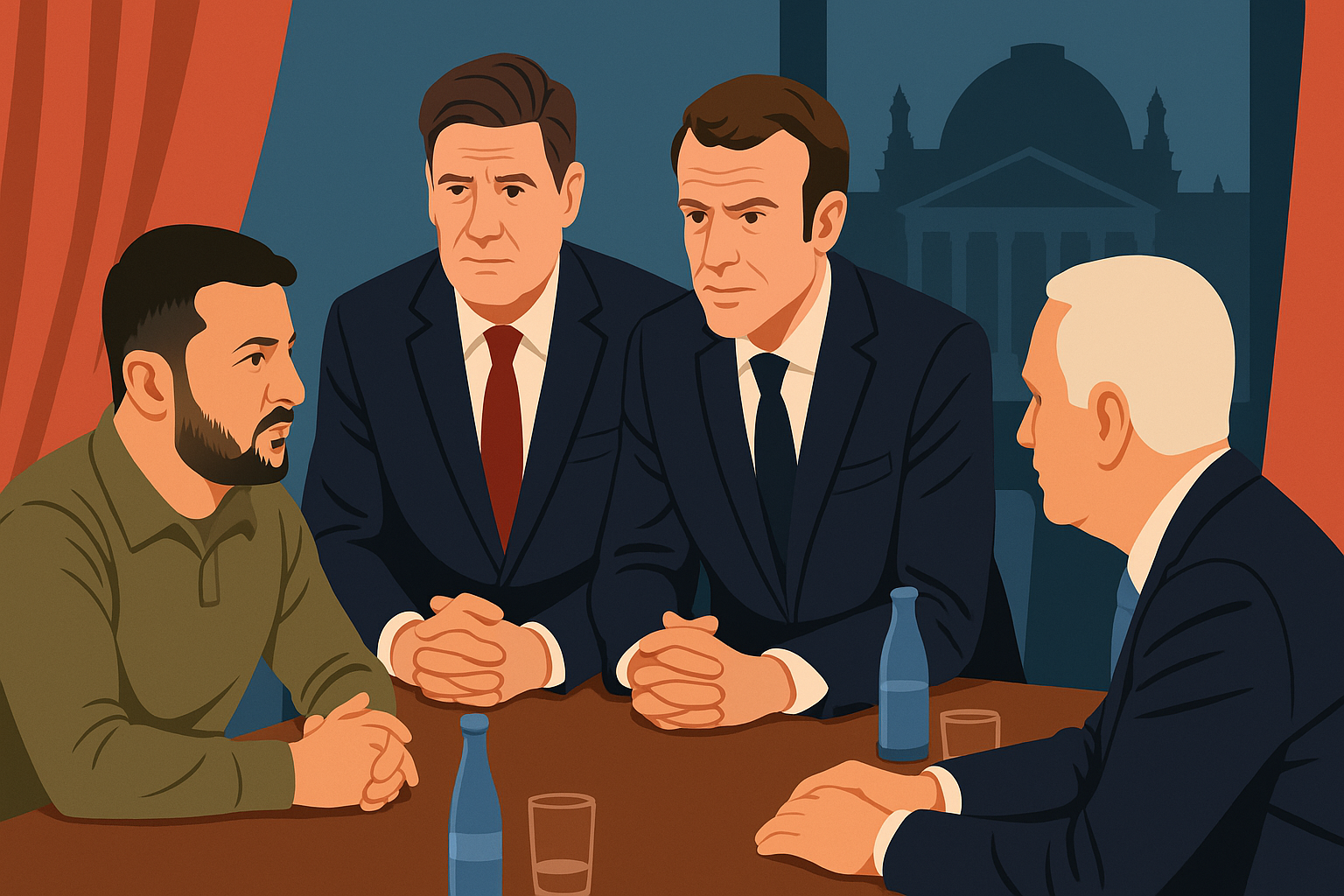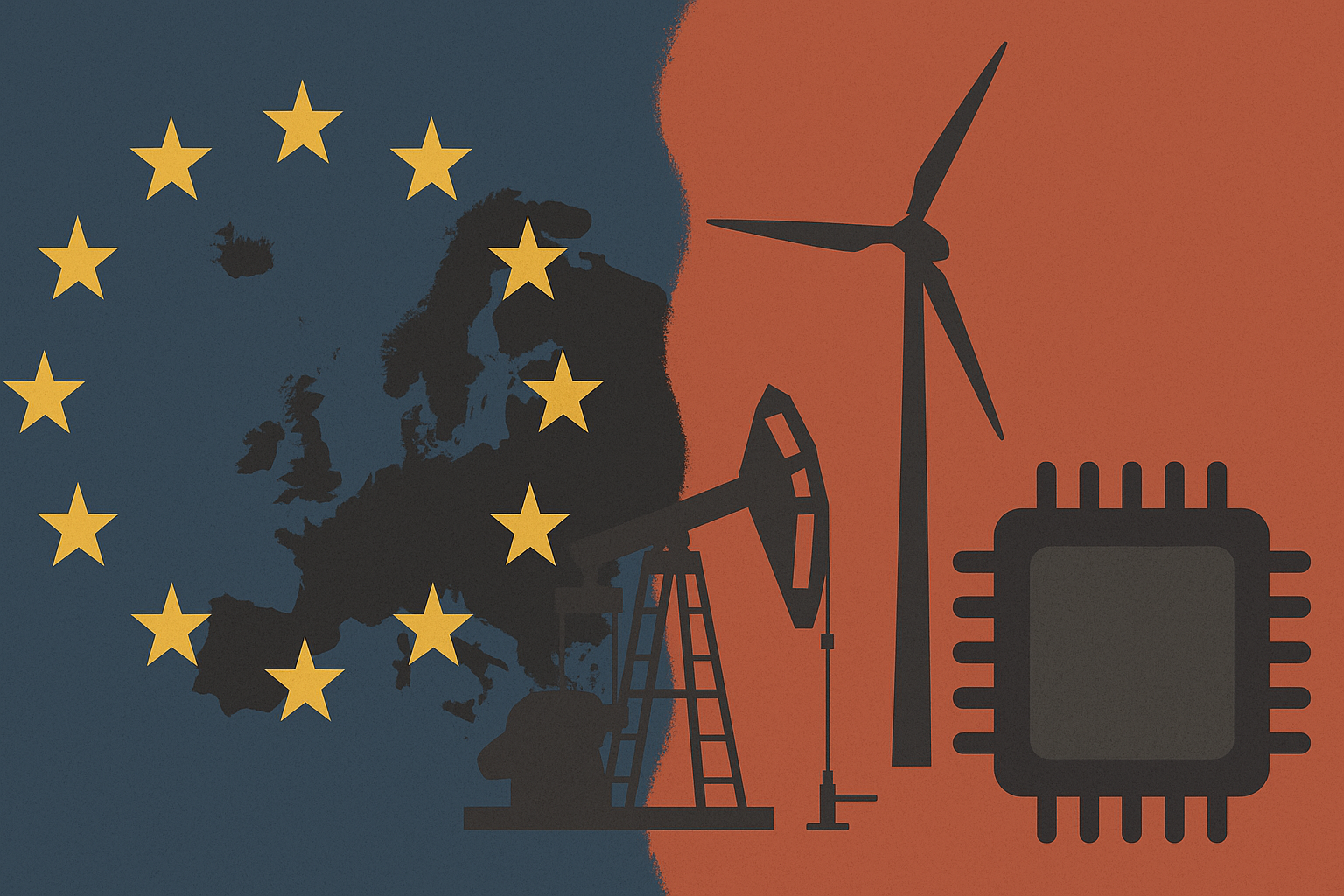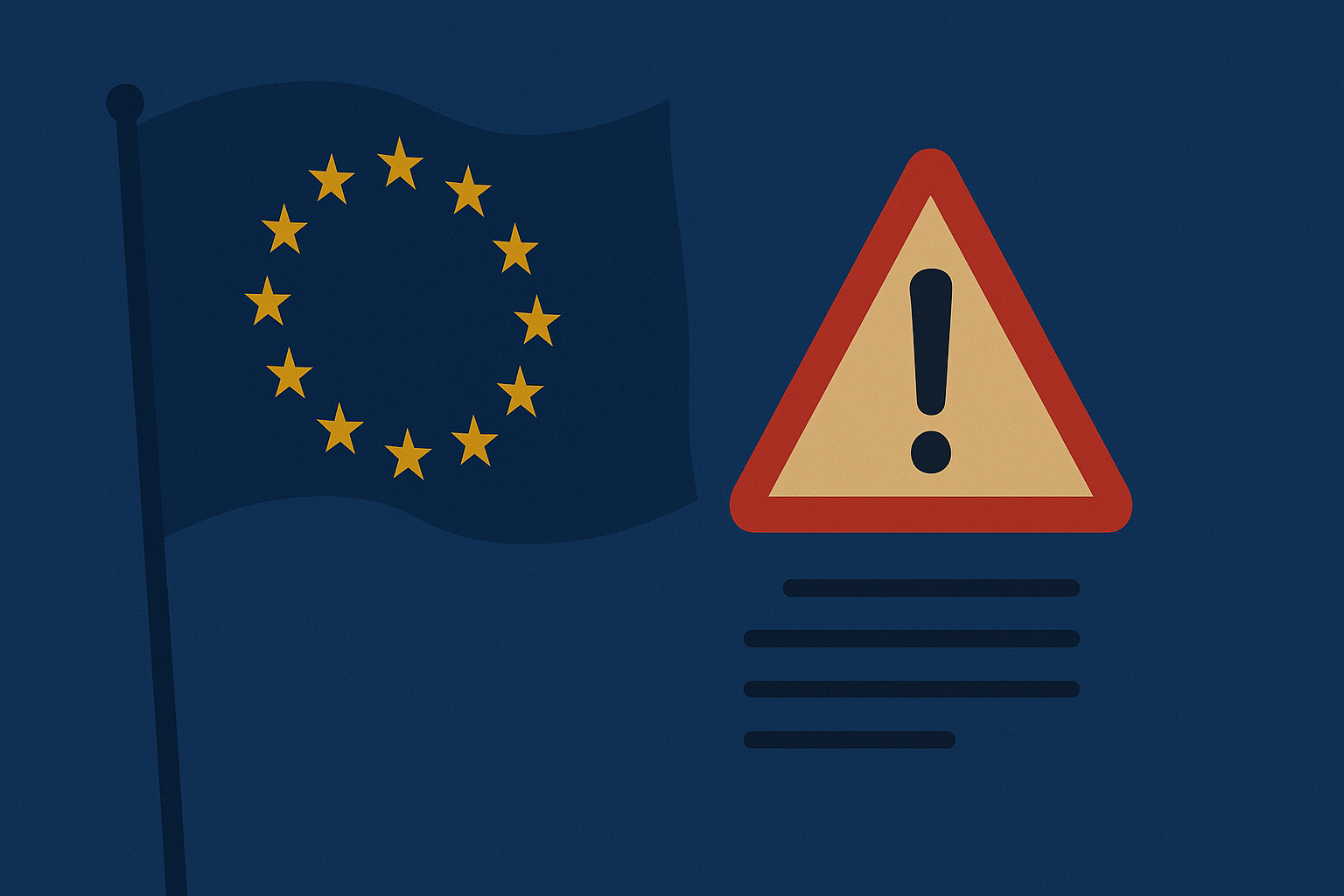European Council President António Costa has called on China to deliver concrete and measurable actions to improve trade relations with the European Union. Speaking at a high-level summit in Beijing with Chinese President Xi Jinping, Costa urged China to address long-standing issues related to market access, industrial subsidies, and fair competition.
Seeking a More Balanced Economic Partnership
Costa emphasized that the EU remains committed to a constructive and stable partnership with China, but stressed that commitments must be translated into action.
“The European Union values its partnership with China,” Costa said. “But we must move beyond rhetoric and implement real changes that promote balance, transparency, and mutual benefit in our trade relationship.”
The EU has frequently expressed concern over trade imbalances and the challenges European companies face when entering the Chinese market. These include regulatory barriers, lack of reciprocity, and state-supported competition in sectors such as technology, clean energy, healthcare, and financial services.
Summit Highlights: Dialogue in a Shifting Global Landscape
The meeting marked the first in-person summit between EU and Chinese leaders since the COVID-19 pandemic. It took place amid a complex international environment shaped by global conflicts, supply chain disruptions, and shifting economic alliances.
Topics addressed during the summit included:
- Reforms to improve market access for foreign firms
- Climate cooperation and joint sustainability efforts
- Disputes over export controls and supply chain dependencies
- Responses to shared global challenges, including energy and food security
President Xi responded positively to the EU’s calls for collaboration, affirming China’s interest in “mutually beneficial cooperation” while reiterating that economic reforms must align with China’s sovereign priorities.
Trade Imbalance at the Center
At the heart of the EU’s concerns lies a growing trade deficit, which surpassed €400 billion in 2024. European officials argue that this imbalance undermines fair competition and has contributed to increasing political skepticism toward China within Europe.
Costa’s strong tone reflects a broader shift in EU strategy—aimed at asserting strategic autonomy while diversifying partnerships and reducing critical dependencies, especially in key sectors like semiconductors, raw materials, and digital infrastructure.
Outlook: Dialogue Continues, Challenges Remain
Although no formal agreements were signed during the summit, both parties agreed to sustain high-level engagement. Future dialogues are expected to focus on:
- Trade regulation
- Technology standards
- Climate policy
- Investment screening
The European Commission is also preparing a new framework on EU–China relations, expected later this year, which will emphasize economic security, de-risking, and rules-based cooperation.
Summary
- António Costa called on China to take clear actions on trade issues during a summit in Beijing.
- The EU demands improvements in market access, fair competition, and industrial transparency.
- The two sides discussed a range of global challenges but stopped short of signing any deals.
- A €400 billion trade deficit continues to strain EU–China relations.
- High-level negotiations are expected to continue in the coming months.








